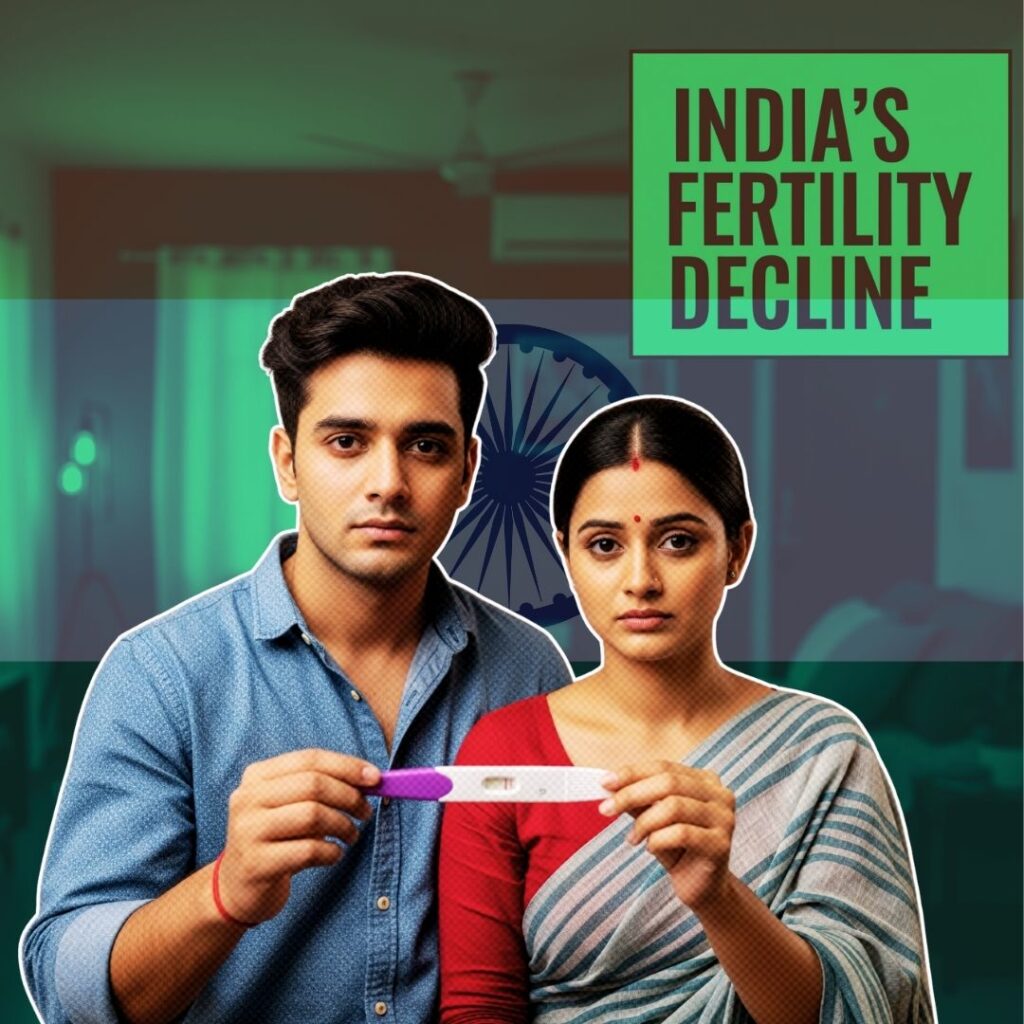On 20 January 2017, against the backdrop of worldwide protests, riots and women’s marches, Donald Trump took oath as the 45th President of the United States of America.
In one of his first actions as US President, Donald Trump reinstated the Mexico City Policy.
What is the Mexico City Policy?
The Mexico City Policy is a US government policy that bans all foreign non-governmental organisations (NGOs) that receive funding from the US government from performing or promoting abortion services. In other words, the Mexico City Policy does not allow US-funded NGOs to promote or perform abortion services in developing countries.
It is a controversial component of the US abortion debate, and its support and opposition are divided along partisan lines. Republicans support the Policy as they are anti-abortion while Democrats are against it. The administrations of Ronald Reagan and George Bush adopted the Policy while the administrations of Bill Clinton and Barack Obama withdrew it.
The Mexico City Policy directs the usage of funds by the United States Agency for International Development (USAID).
What is USAID?
The USAID is the US Government agency responsible for administering civilian foreign aid.
Since its inception in 1961, USAID has been a global leader in providing technical, humanitarian aid – particularly when it comes to medical aid in developing countries. USAID is one of the largest suppliers of contraceptives to poor countries. However, its aid and funding have been controversial, not least because of its links to abortion providers.
The importance of US aid in developing and poor countries
Every year, over $600 million goes towards US assistance for family planning and reproductive health programs around the world. This level of funding makes it possible to achieve the following:
27 million women and couples receive contraceptive services and supplies; 6 million unintended pregnancies, including 3 million unplanned births, are averted; 2.3 million induced abortions are averted (2 million of them unsafe); 11,000 maternal deaths are averted.
Eliminating US assistance for international family planning and reproductive health programs would eliminate all benefits detailed above.
Risks involved in cutting off aid to NGOs
Even during the Obama administration, in spite of Obama’s pro-choice credentials, direct funding for abortion services was banned. However, NGOs that provide abortion services were still allowed to receive US funding for other programmes, including for contraceptives, maternal care, post-abortion care, family planning, birth control education, etc.
After this memorandum, the NGOs that provide support for abortions as part of their family planning services will not receive help from USAID.
According to research by the Guttmacher Institute, each decrease of $10 million in US international family planning and reproductive health assistance would result in the following:
440,000 fewer women and couples would receive contraceptive services and supplies; 95,000 more unintended pregnancies, including 44,000 more unplanned births, would occur; 38,000 more abortions would take place (of which 30,000 would be unsafe); and 200 more maternal deaths would occur. What happened the last time the Mexico City Policy was reinstated?
Shortly after he took office in 2001, George W Bush reinstated the Mexico City Policy.
Soon, the following happened:
Shipments of US-donated condoms and contraceptives completely ceased to 16 developing countries, primarily in Africa. Family planning providers in another 16 countries lost access to condoms and contraceptives. Abortion rates began to rise noticeably only after the [Mexico City Policy] was reinstated in 2001. A 2011 study found the [Policy] to be associated with increased abortion rates in sub-Saharan African countries. The odds of a woman having an abortion in countries that were most dependent on US foreign aid were more than twice those observed in less-dependent countries. Reactions to Trump’s reinstatement of the Mexico City Policy
“Trump’s global gag rule will obstruct and destroy the work of health care providers who are often women’s main — and sometimes only — source for reproductive health care, and their entry point for receiving a wide range of primary health care services,”
Suzanne Ehlers, CEO of Population Action International (PAI).
Trump’s 3rd executive order today is assault on women’s health. ‘Mexico City policy’ strips US support from health clinics around the globe
— ACLU National (@ACLU) January 23, 2017
While pro-life groups, anti-abortion groups welcomed the move, human rights groups protested that this would undermine the viability of countless groups that provide health care, including contraception and abortion services, to millions of women in the developing world. Critics say the Policy’s reinstatement will endanger the lives and health of the world’s poore…











